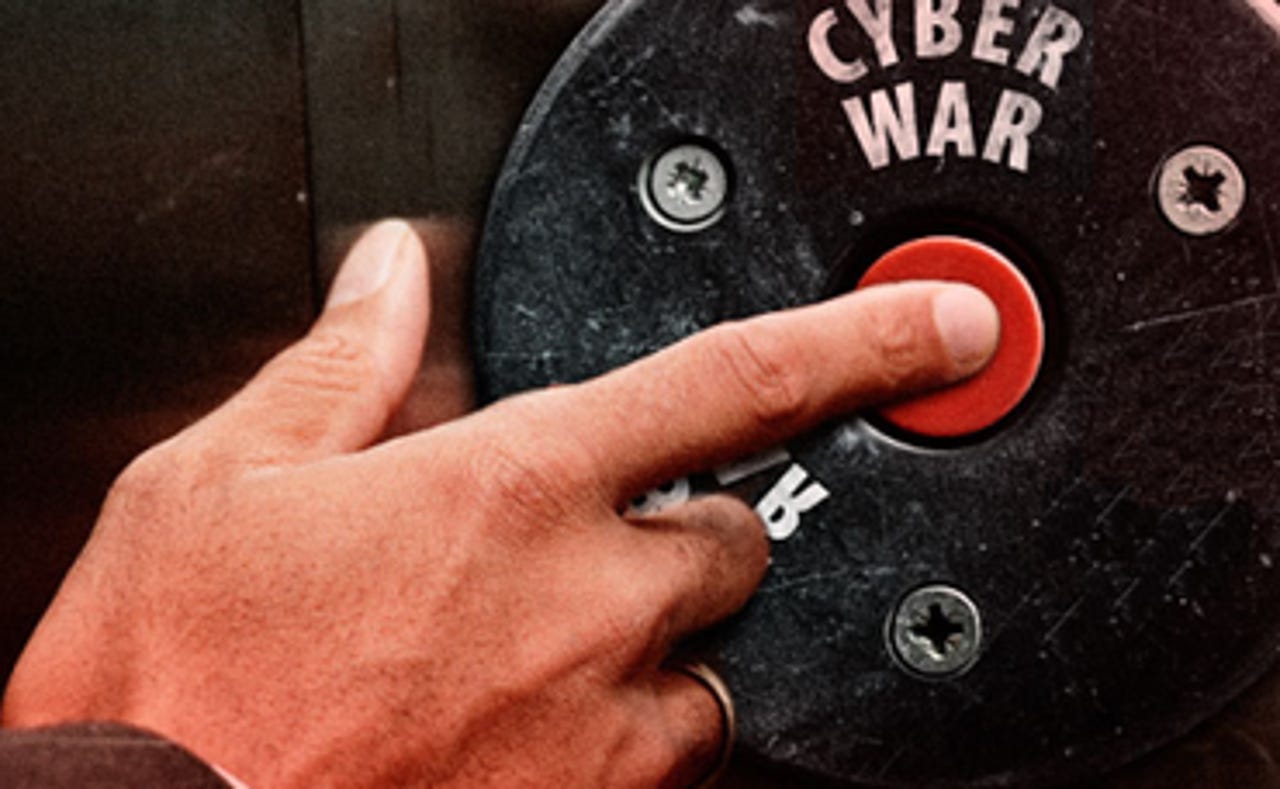Hacking Team CEO: We're the 'good guys'


The chief executive of Hacking Team has finally spoken out about the cyberattack which allowed sensitive corporate data, exploits and customer history to enter the public domain.
Founded in 2003, Hacking Team provides surveillance tools and spyware to government agencies, intelligence outfits and law enforcement worldwide. The company's operations have always been a closely-guarded secret; however, a recent cyberattack has changed the company -- potentially in a fatal manner.
This month, the surveillance firm suffered a data breach leading to 400GB of stolen data being released online. WikiLeaks has also published a treasure trove of emails contained within the files.
Source code for exploits, dubious customer lists and enlightening emails were all stolen from Hacking Team's servers, resulting in both a media storm and security teams getting behind their desks to patch recently-discovered flaws.
HACKING TEAM BREACH TIMELINE
In an interview with Italian publication La Stampa, the chief executive of Hacking Team has spoken out in defense of his company. CEO David Vincenzetti said the attack took place "only at the government level," -- ironic if true, considering the firm's long list of government clients -- and the attack must have been "planned for months," a confirmation of the opinion voice by chief marketing officer Eric Rabe, who said in an interview with ZDNet last week the "sophisticated attack" was not "a guy alone in his basement."
See also: Hacking Team: We won't 'shrivel up and go away' after cyberattack
While Hacking Team enters damage limitation mode, customers have been advised to suspend operations using its surveillance tools until they can be upgraded. In a statement on the firm's website, Rabe said:
"HackingTeam's investigation has determined that sufficient code was released to permit anyone to deploy the software against any target of their choice.
Before the attack, HackingTeam could control who had access to the technology which was sold exclusively to governments and government agencies.
Now, because of the work of criminals, that ability to control who uses the technology has been lost. Terrorists, extortionists and others can deploy this technology at will if they have the technical ability to do so."
When the cache of stolen files were released online and into the public domain, customer records within suggested the company was working with 'blacklisted' countries accused of abusing human rights including Sudan and Ethiopia. The 47-year-old executive confirmed that some of these relationships were genuine.
In the case of Libya, Vincenzetti admitted a business relationship, but defended his company by saying "we did it when suddenly it seemed that the Libyans had become our best friends."
Egypt and Morocco are also clients, whereas the Hacking Team executive insists there is no relationship with Syria.
As to Ethiopia -- which allegedly used the Galileo surveillance tool to spy on activists and journalists in the country -- Vincenzetti said the account was closed after discussions concerning the report. Finally, there was also a business relationship with Sudan, but this allegedly took place before the political arena and regulations changed.
Vincenzetti told the publication:
"The geopolitical changes rapidly, and sometimes situations evolve. But we do not trade in weapons, we do not sell guns that can be used for years. We're the good guys."
In related news, Adobe has promised a patch this week for two new zero-day vulnerabilities in Flash Player, only discovered due to the leaked Hacking Team file cache.
Beach reads for tech junkies
Read on: Top picks
- How to access Wi-Fi anonymously from miles away
- How to take over the accounts of UK politicians using public Wi-Fi hacks
- Severe iOS bug prompts iCloud password theft
- Hacking Team: We won't 'shrivel up and go away' after cyberattack
- Army exoskeletons train soldiers to shoot
- Hackers control medical pumps to administer fatal doses